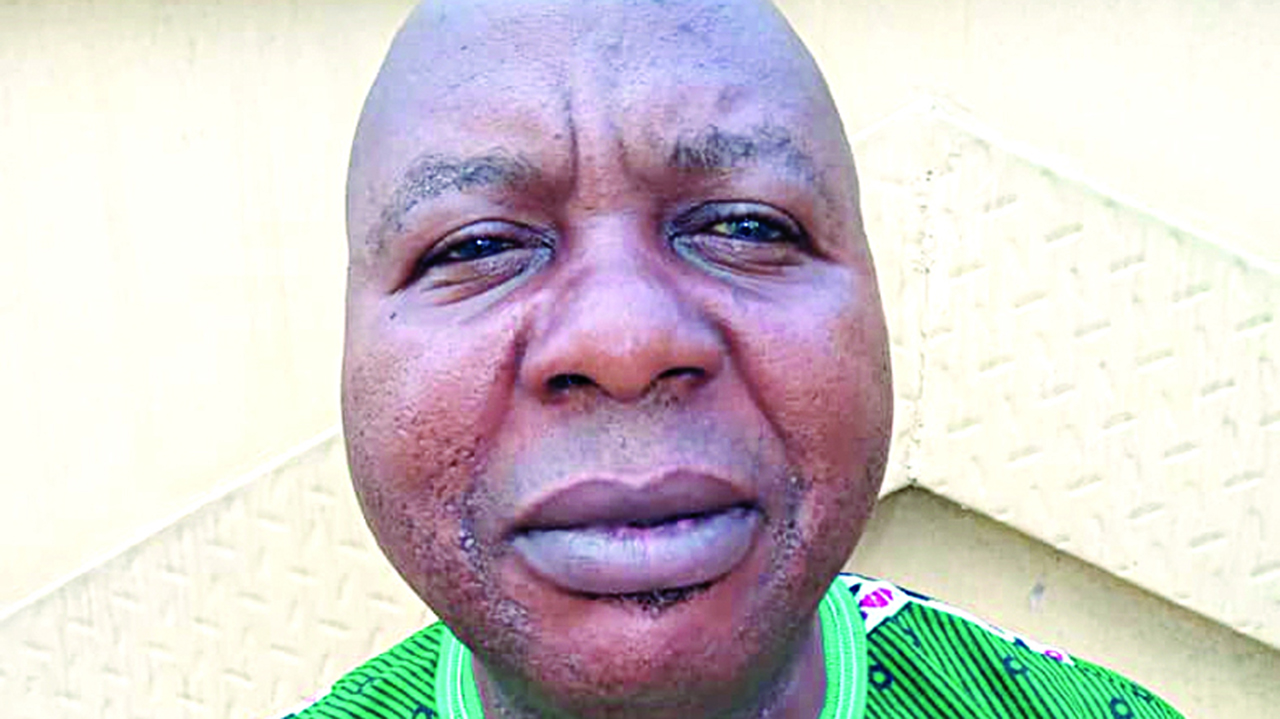
How do you react to the position of state governors that the Federal Government cannot dictate to them on minimum wage implementation because of Nigeria practices federalism?
These have always been the contestations whenever there are agitations for increment in the minimum wage. One thing is very clear; these governors collect the same salaries irrespective of their internally generated revenue. Why not base their salaries on the strength of what they generate internally?
All the local government councillors in the country collect the same salary. The same applies to their chairmen. The truth of the matter is that the governor’s positions show the extent to which they value civil servants. The governors believe that civil servants are taking more than what they contribute to the system, but the fact remains that it is the workers that create the wealth. How many of these governors are able to generate revenue to fund their projects without coming to Abuja to collect monthly allocation?
So, my take is very simple; the unions have to be on top of the situation. I am happy that the National Joint Negotiating Council has invited state councils and schooled them on negotiation skills. But, what I expected is not a matter of negotiation; I expected the national body to tell the state councils that they should insist on what has been agreed upon nationally and not subjecting the entire thing to another round of negotiation. If it is subjected to another round of negotiation, some of our labour leaders will compromise. I say this because, over the years, it has been proven that when the time for negotiation comes, some labour leaders see it as an opportunity to enrich themselves. Having collected what they can collect, they give state governments a free hand to add and subtract whatever figures they feel like.
Some labour leaders in the states also compromise because of their closeness to their governors and what they get from them. Most of them value what they get from these governors than what they can get for the workers. So, the headquarters of the joint council and the NLC should insist that no state council should further subject the agreed minimum wage to another round of negotiation. The national leadership has to write a strong-worded letter to the various state councils to go to the negotiation councils in their states and stand on what has been agreed upon.
Are you referring to the consequential agreement or minimum wage?
I am talking about everything put together; I am talking about the total package because they cannot be separated. It is very unfortunate that the Salaries, Income, and Wages Commission chickened out. It has been proven now that the head of the country determines the effectiveness of labour movement at every point in time, which should not be so.
Explain what you mean?
What I am saying is that from what we have seen from the negotiation of the minimum wage, and the consequential increases, the head of government (whosoever is there), determines the effectiveness of the labour leaders, which is not supposed to be. There should be a defined approach and a robust approach, which we all know because we have participated in several minimum wage negotiations over the years.
After the collective agreement, the Income Salaries and Wages Commission comes up with the table, but what happened this time around is that the commission failed to come up with the other aspect of the wage increase, instead it was saying that the minimum wage was what it was concerned with. Even this consequential agreement, if not for the ruggedness of the NLC, the government was not interested in adding anything to other workers, but insisting on the N30, 000 baseline.
The ability of the NLC leadership to reach out underground led to the final agreement. What we saw in the open was a result of horse-trading and usage of back-end channel by the NLC.
What options are available to the state councils towards ensuring the implementation of both the minimum wage and the consequential agreement at the states’ level?
The state councils should go for negotiation with their respective state governments but should insist on using the baseline that has been agreed upon at the federal level. Agreeing below that might not augur well. The two labour centres must issue letters warning state councils on the need to negotiate good deals for workers at the states’ level, warning that any council that negotiates less will face sanctions.
At any rate, what are they going to renegotiate? Are they going to renegotiate consequential into inconsequential? We speak a lot of English in Nigeria. Nigerians should wait until the new VAT takes effect in January to see how the prices of things will skyrocket.
But the Federal Government has said that VAT increase is only on luxury goods and services, and not on essential goods.
What do they expect government to say? Let me cite the electricity tariff that has been introduced. Initially, the NLC challenged the tariff, did that opposition stop the government from increasing it? Do the poor not consume electricity? We cannot fight a lost battle. VAT is VAT.



